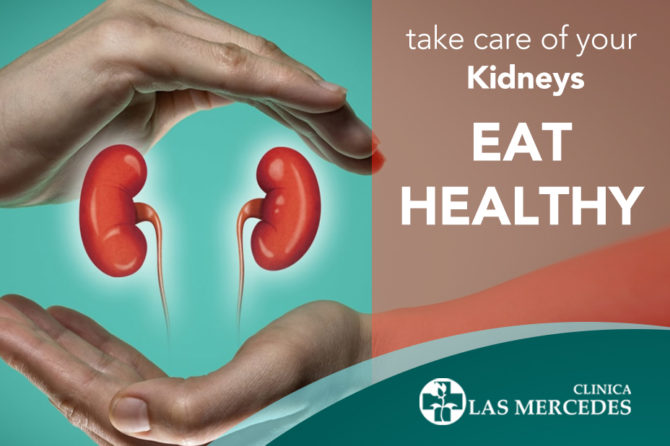
Kidney stones
Your kidneys remove waste and fluids from your body to make urine. Sometimes when you have too much of some waste and not enough fluids in your blood, these wastes can accumulate in your kidneys. These waste bites are called kidney stones.
There are four main types of kidney stones
- Calcium stones are the most common type of kidney stones. They are usually calcium and oxalate (a natural chemical found in most foods), but sometimes they are made of calcium and phosphate.
- Uric acid stones form when the urine is often too acidic. Uric acid can form stones by itself or with calcium.
- Struvite stones can happen when you have certain types of urinary tract infections in which bacteria make ammonia that accumulates in the urine. Struvite stones are made of magnesium, ammonium, and phosphate.
- Cystine stones are made of a chemical that the body produces naturally, called cystine. Cystine stones are very rare and occur in people who have a genetic disorder that causes cystine to escape from the kidneys in the urine.
The stones in the kidney can be as small as a grain of sand or as large – sometimes larger – than that of a pearl. They can remain in the kidneys or travel through the ureters (the tubes that go from the kidneys to the bladder) and out of your body with urine. When the stone moves through the ureters and out of the urethra with urine, it is called passing a kidney stone (stone in the kidney). A stone can also get trapped in your urinary tract and can block the passage of urine. When a stone is passed in the kidney, or you have a large stone blocking the flow of urine, it can be very painful.
How can I prevent kidney stones?
The best way to prevent most kidney stones is to drink enough fluids every day. Most people should drink 8 to 12 cups of fluids a day. If you have kidney disease and need to limit the number of fluids you drink, ask your doctor what the right amount of fluids is you should drink each day. Limiting the sodium and protein of animals (meat, eggs) in your diet can help prevent kidney stones. If your doctor finds out the type of stone you had, it may be that I can recommend a specific diet to prevent stones in the future.
If you have any medical condition that makes you more likely to have a kidney stone, your doctor may recommend taking medications to treat this condition.
Never start or stop treatment or diet without talking to your doctor first!
Leave a reply


Thanks for sharing. I will try to implement these methods on my blog. Thanks for sharing. Keep updating us.
Reply